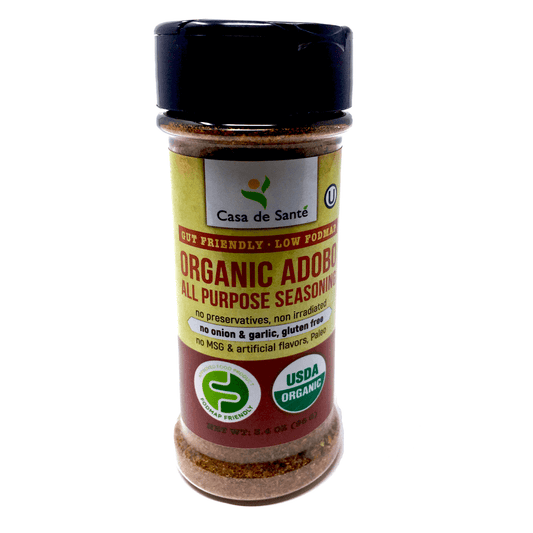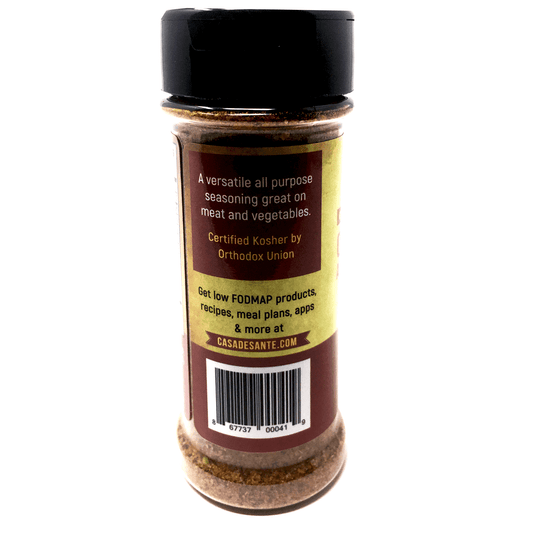Summary of Coffee and Tea Intake with Long-Term Risk of Irritable Bowel Syndrome: A Large-Scale Prospective Cohort Study
Introduction
This article provides a detailed analysis of the complex association between coffee and tea consumption and the long-term risk of developing Irritable Bowel Syndrome (IBS). The study under review, a comprehensive, large-scale prospective cohort study, has revealed some interesting findings that shed new light on this controversial issue.
This study's significant findings include the inverse dose-response relationship between coffee intake and the risk of IBS and the relationship between moderate tea consumption and a reduced risk of IBS. These findings have significant implications for people who enjoy these beverages and those susceptible to IBS.
Methodology
The study employed a large-scale prospective cohort methodology, drawing data from the UK Biobank cohort. The study population consisted of 425,387 participants, with an average age of 56 years. The gender distribution was fairly even, with 52.2% of the participants being women and 47.8% being men.
To ensure the integrity of the study, participants with pre-existing IBS, a history of cancer, inflammatory bowel disease (IBD), or celiac disease were excluded. The median follow-up period was approximately 12 years, providing a robust data set for analysis.
Coffee and tea intake were estimated using an online questionnaire. Four categories of intake were defined: 0, 0.5–1, 2–3, and 4 or more cups per day (cups/day). Those who consumed 0 cups of coffee/tea were considered the reference group.
The researchers also made statistical adjustments to account for potential confounding factors, such as age, sex, BMI, ethnicity, education level, smoking status, alcohol intake, dietary pattern, and physical activity.
Findings: Coffee Intake and Risk of IBS
The study found that, in comparison to the intake of 0 cups of coffee/day, consuming 0.5–1, 2–3, and 4 or more cups/day was associated with 7%, 9%, and 19% lower risks of IBS, respectively. This inverse dose-response relationship suggests that a higher intake of coffee is associated with a lower risk of IBS.
In the subgroup analyses based on the type of coffee, the consumption of instant or ground coffee was linked with a lower risk of IBS.
Findings: Tea Intake and Risk of IBS
When it comes to tea consumption, the study found a different pattern. Compared to the intake of 0 cups of tea/day, the intake of 0.5–1 cups/day was associated with a 13% lower risk of IBS. However, the protective association was not evident in individuals who consumed 2-3 cups/day or 4 cups/day.
These findings suggest that while coffee intake appears to have a dose-response relationship with the risk of IBS, tea consumption does not follow the same pattern.
Discussion
The study's findings suggest that coffee, particularly instant and ground coffee, has a protective effect against IBS. This protective effect increases with the quantity of coffee consumed, indicating a dose-response relationship. On the other hand, moderate tea intake (0.5-1 cup/day) also seems to provide some protection against IBS, although the relationship is not dose-dependent.
These findings could have significant implications for dietary guidelines and lifestyle advice for individuals at risk of developing IBS. However, as with all observational studies, these findings are associations, not cause-and-effect relationships. Further research is needed to fully understand the mechanisms underlying these associations.
Conclusion
The large-scale prospective cohort study provides compelling evidence of an inverse dose-response relationship between coffee intake and the risk of IBS. Moderate tea consumption also appears to have a protective effect against IBS.
These findings add to the growing body of research indicating the potential health benefits of coffee and tea consumption. However, it's essential to remember that these are associations and not cause-and-effect relationships. Further research is needed to fully understand the mechanisms involved and to provide definitive dietary recommendations.
Disclaimer
This summary and analysis are based on a large-scale prospective cohort study. While the study's methodology is robust, it is important to remember that observational studies can only identify associations and cannot prove cause-and-effect relationships. Always consult with a healthcare provider before making any significant changes to your diet or lifestyle.
Reference:
- Wu S, Yang Z, Yuan C, Liu S, Zhang Q, Zhang S, Zhu S. Coffee and tea intake with long-term risk of irritable bowel syndrome: a large-scale prospective cohort study. Int J Epidemiol. 2023 Mar 7:dyad024. doi: 10.1093/ije/dyad024. Epub ahead of print. PMID: 36882107.
























